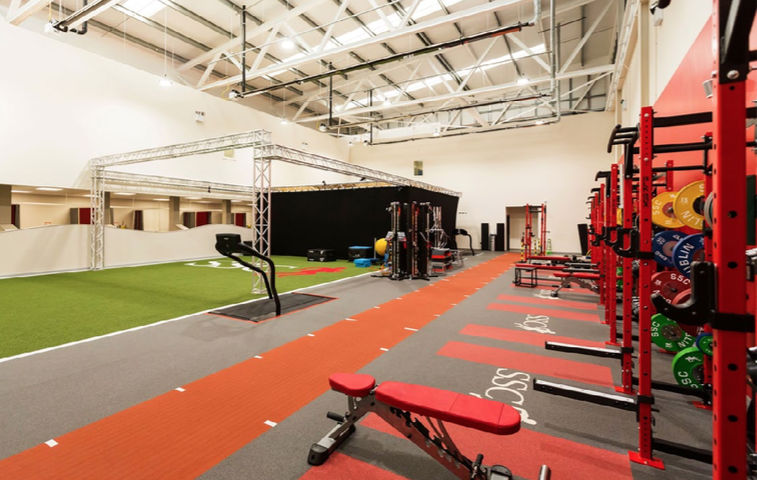WHAT IS THE ROLE OF BIOMECHANICAL ANALYSIS DURING TESTING AND RTP DECISION MAKING AFTER ACL RECONSTRUCTION?

FEATURE / Enda King
The first thing any athlete wants to know when they have been given a diagnosis of ACL injury and are scheduled for reconstructive surgery is – “When will I be ready to return to play?” This is understandable given the potential influence of the outcome after surgery on their short and long term career prospects and future earnings.5, 29 It is interesting that of the 1000+ ACL reconstructions that take place at the Sports Surgery Clinic in Dublin every year, athletes rarely ask “What do I need to physically achieve/how do I need to test in order to be fully rehabilitated to enable me to return to play (RTP)?While they may be aware of various fitness or conditioning tests and game/skill based scenarios they need to accomplish, they are often unaware of the injury specific components they need to address. Players always compare themselves to teammates or other players who have suffered ACL injury but that does not take into account the individuality of each ACL injury. The graft selected, their previous injury history, their baseline level of strength and power and motor control, and how much atrophy, inflammation and deconditioning they suffered at the time of initial injury and subsequent surgery, all influence an athlete’s baseline and recovery differently. Within medical teams and between medical teams in different clubs, how much consistency is there between us in the tests we select, the variables we analyse and the weighting/ interpretation we give to these findings when providing feedback to the athlete on their current rehabilitation status and the criteria needed to successfully return to sport? How much does any inconsistency lead to variability in RTP time, incidence of knee pain/other soft tissue injury after RTP, incidence of second ACL injury and inability to return to the same level of sporting performance despite having RTP?
